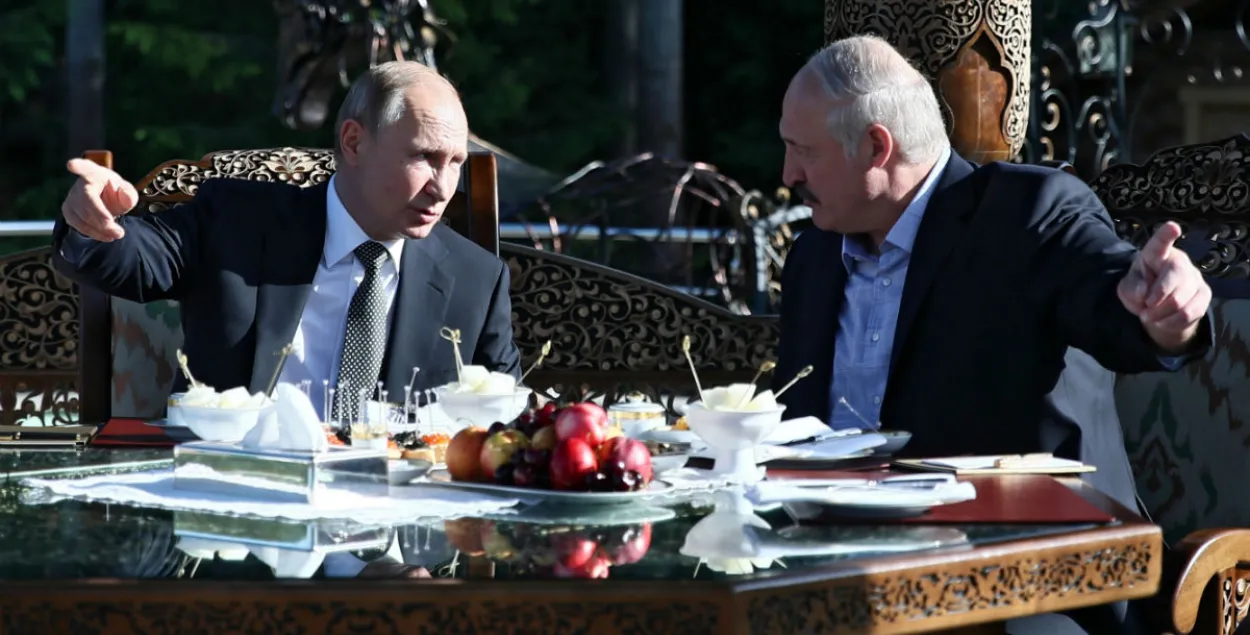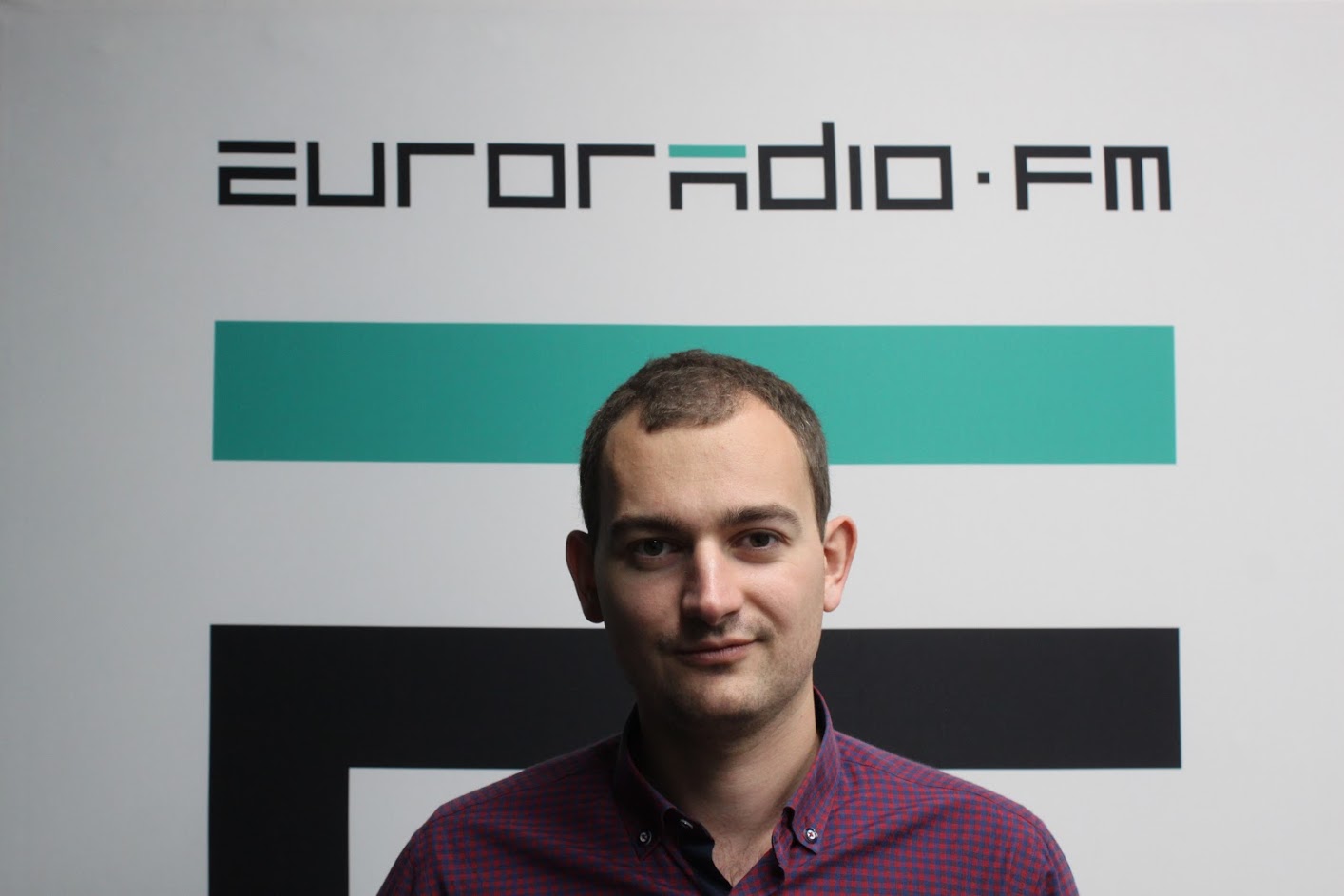A brief sign of relief for Belarus after Putin's Constitutional reform - pundit

Vladimir Putin and Alyaksandr Lukashenka / Reuters
Russian President Vladimir Putin on January 15, in an address to the federal assembly, announced plans to rewrite the Russian Constitution through a referendum. The Russian President will share powers with the Parliament, and the State Council will become a constitutional body. Alexei Venediktov, editor-in-chief of the Ekho Moskvy radio station, immediately noted in Telegram that the "story of the State Council" is a "back up" for Putin in the situation when he has a problem of staying in power.
"Now even alarmists will understand that the option of creating a union state is not being considered and has hardly ever been seriously considered as a priority to ensure the transit of presidential powers," says Belarusian political analyst Artyom Shraibman in a comment to Euroradio. "Instead, he is creating a State Council under himself thus weakening the function of the president. The year of 2024 will pass with internal changes in Russia, not with some foreign policy adventures".
It was supposed that one of the options for Vladimir Putin to retain power could be "deepening integration" between Belarus and Russia up to unification, creation of supranational bodies, etc. And this would mean the loss of independence of Belarus.
"In some sense, Belarus can relax," continues Shraibman. "But now it means that the relations between Russia and Belarus will be much more dominated by this rigid financial and accounting line. Minsk is no longer so much forced to love as cut off from the collateral. And the kisses, persuasion that someone else in Moscow is interested in thinking of Belarus as an important psychological ally, these hopes should be subsiding. Of course, Moscow will not care about what happens in Belarus. We find ourselves in a situation when Moscow turns into such a "collective Babich" (Mikhail Babich is a former Russian ambassador to Belarus who had unsuccessful relations with the leadership of our country - Euroradio).
Artyom Shraibman believes that Putin's proposal for changes in the Russian Constitution is similar to the recent scenario of power transfer in Kazakhstan.
"But in the configuration that Putin has now outlined -- the head of the State Council, which he seems to want to become, will have less authority than Nazarbayev," says the political observer. "Putin is rather creating something more pluralistic. Because Nazarbayev, in fact, retains all the key levers of governing the country, he is simply called differently. And of course, Nazarbayev's successor is slowly gaining political weight. But in the case of Putin, he does not go far, but in fact makes the system a little more leveled, without the king-pharaoh at the top. The president will be weakened, the government will be more dependent on parliament, the president will have more power in the security forces, and the Federation Council will be more involved in the appointment of security forces, and the State Council, with its unclear functions, will seem to be watching all this for now. The frame is slightly different, but in general, the path is absolutely the same. Not to escape at all, but not to stay. I think, give or take, Lukashenka is thinking about a similar scenario when he talks about constitutional changes".


















